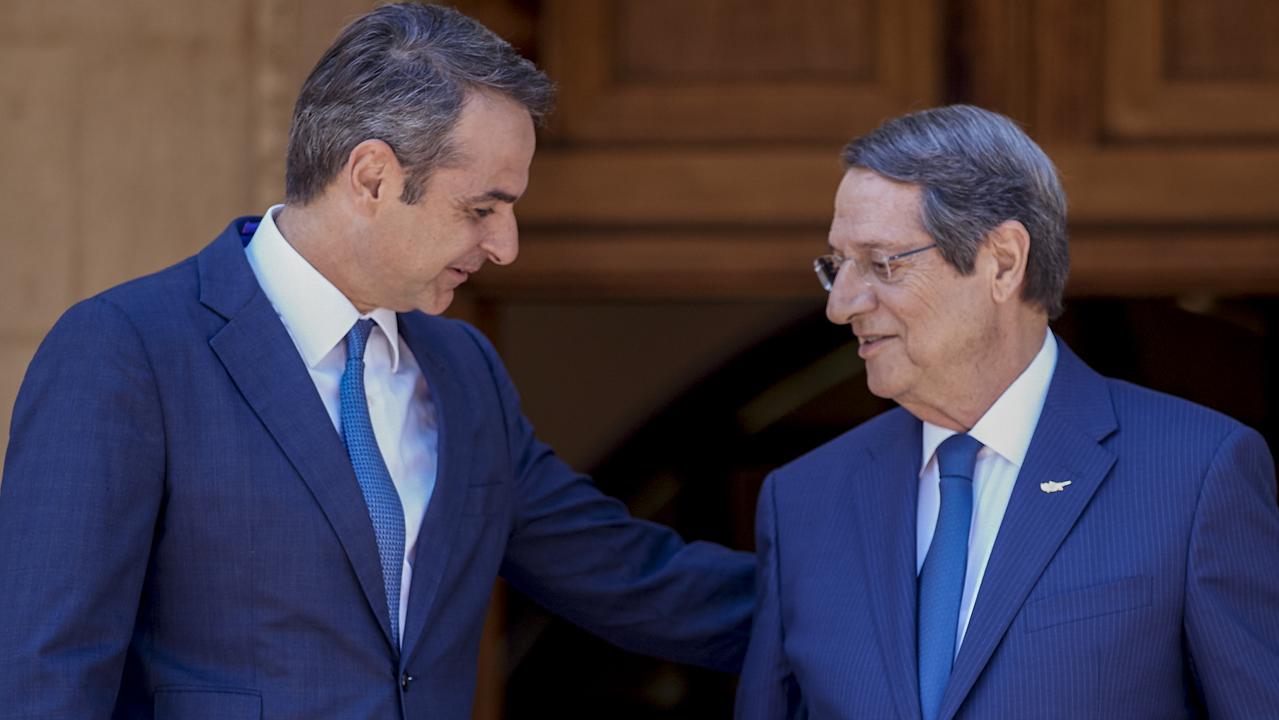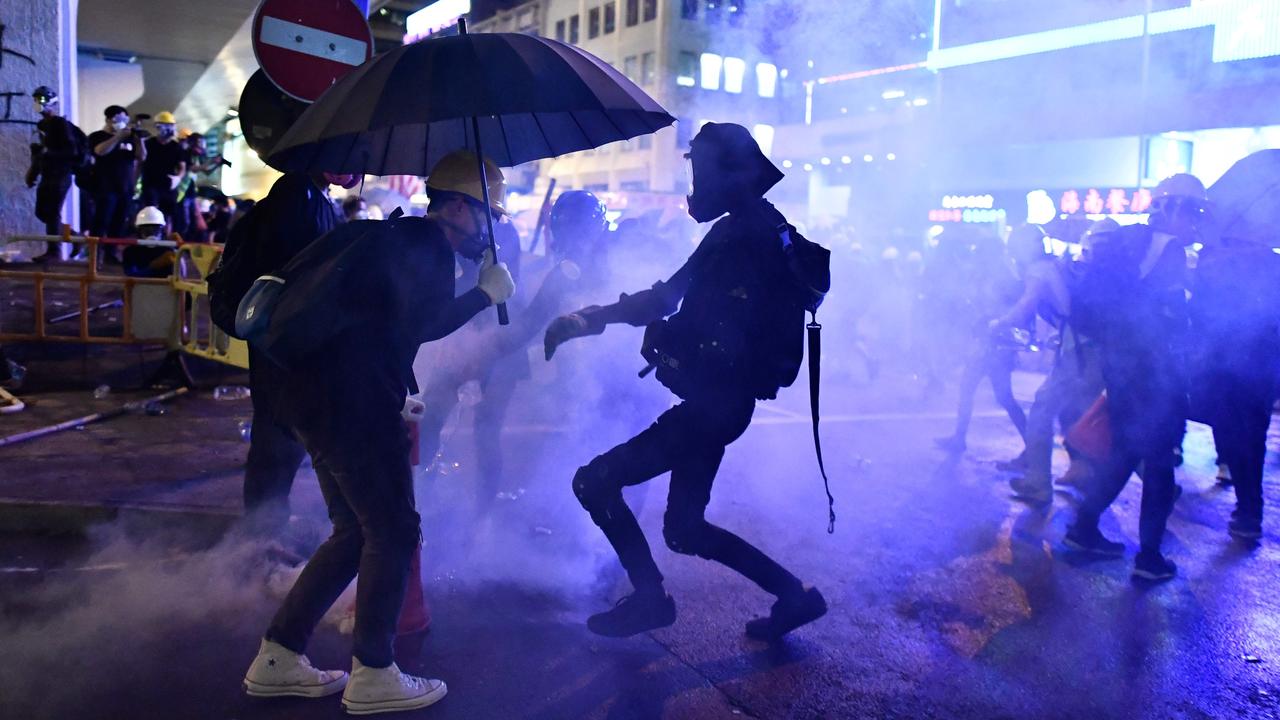Central America says goodbye and good riddance to Barack Obama

Apparel and textile exports totalled more than $US1.4bn last year, making fabric production and clothing assembly the largest export industry. This is a poor nation, but without migration to the US and trade, it would be a lot poorer.
Yet many Guatemalans I spoke with here last week are not dreading an anti-immigrant, protectionist Donald Trump in the White House. They’re focused on the exit of Barack Obama, whose foreign policy they saw as politicised in favour of left-wing causes and environmental extremism that harm Guatemalan development.
The US wields significant influence in Central America and its opinions are heard by those in power in these small countries. The hope here and throughout Latin America is that Trump’s presidency will reverse eight years of a State Department agenda that has promoted big government, redistributionist policies and politics instead of growth.
The complaints extend beyond a difference of opinion about the role of the state. During the Obama years Uncle Sam repeatedly backed those who flouted the rule of law in the name of “social justice”.
Five months after Obama took office in 2009, the administration sided with Honduran allies of Venezuelan dictator Hugo Chavez, who were trying to install their own permanent strongman in violation of the Honduran constitution.
Another memorable Obama moment came in 2013 when the former FMLN guerillas ruling El Salvador declared a 2002 partial privatisation of the state-owned electricity company a crime. The Salvadoran attorney-general targeted two Salvadorans with American citizenship for their roles in the transaction, despite zero evidence of fraud, embezzlement or criminal action. The Obama administration turned a blind eye to the persecution while approving hundreds of millions of dollars in new foreign aid for the corrupt government.
The US backing of the settlement between the Colombian government and the drug-trafficking terrorist group FARC is extremely troubling in a region hungry for legal certainty. Like the agreement rejected in the October 2, 2016, national plebiscite, it features amnesty for war crimes — including recruitment of child soldiers — and unelected seats in congress for the FARC. Colombia is again the world’s largest exporter of cocaine. When Chavez’s successor, Nicolas Maduro, blocked a 2016 Venezuelan recall referendum that would have triggered a new presidential election, the Obama State Department gave him cover by engaging in “dialogue”. The delay was essential to the dictatorship’s survival since any recall vote this year — per the constitution — will skip new elections and put the vice-president in charge until 2019.
The common denominator in all of this is Obama’s worldview, saturated as it is in a distrust of markets, a disregard for private property rights and an obsession with income equality over liberty.
The 480,000-quetzal question ($US64,000) is whether Trump is astute enough to grasp how US policy undermining the rule of law feeds the explosion of desperate migrants. The naming of retired marine general John Kelly to head Homeland Security offers hope.
General Kelly, who retired last year with four stars, got the job largely on his experience dealing with transnational criminal organisations as head of US Southern Command, 2012-16. He told the Military Times last year that the US “has a right to protect” the borders, but he also stressed the need for less violence and more economic opportunity in the migrants’ home countries. “No wall will work by itself,” he told Foreign Policy magazine in July 2016. That’s an insight not lost on locals here, alarmed by a Guatemalan Supreme Court decision this month against two hydro-electric projects valued at $US300 million. The plaintiff was an indigenous leader backed by environmental activists, who argued that Guatemala’s multinational commitments require consultation with indigenous groups beyond the local communities before running the turbines.
The company’s investments, which are on private property, have cleared environmental hurdles with regulators and received all necessary permits for construction and operation. But the court mimicked similar rulings on mining projects, going so far as to cut and paste the language and forgetting to change lines like “with respect to the mining exploitation licence”.
Guatemala badly needs affordable energy, not to mention investment, if it is to climb out of poverty. But as long as environmental elites — who work to stir up fear in rural communities and have had the sympathy of the US — are calling the shots, that won’t happen.
Guatemalans have to hope that Trump has this problem in mind as he shapes a new policy for the region.
The Wall Street Journal



Migrants from Guatemala, living mostly in the US, sent some $US7.1 billion ($9.4bn) in remittances home last year — about 10 per cent of gross domestic product.